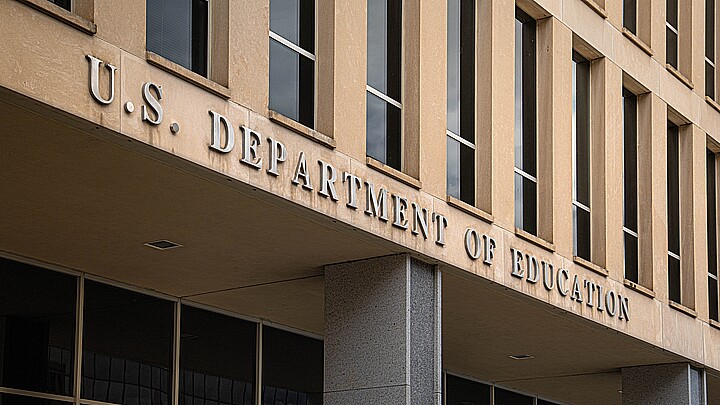Education
Harvard commits $100M to atone for university's past with slavery
Harvard President Lawrence Bacow said the university is creating a $100 million fund to research and redress its “extensive entanglements with slavery”
April 27, 2022 1:22pm
Updated: April 28, 2022 7:08am
Harvard President Lawrence Bacow announced on Tuesday that the university is creating a $100 million fund to research and redress its “extensive entanglements with slavery.”
Bacow’s announcement came after the university released a 134-page report titled "Harvard & the Legacy of Slavery," which recounts how slavery “comprised a vital part of the New England economy, and powerfully shaped Harvard University.”
The report describes a history that began with a Colonial-era embrace of slavery that saw more than 70 people enslaved by Harvard presidents and other leaders, faculty, and staff https://t.co/QWKznWEoZn
— Harvard University (@Harvard) April 27, 2022
According to the report, the university’s faculty and staff enslaved more than 70 Black Americans between its founding in 1636 and 1783 when slavery was outlawed in the commonwealth. Even after slaves could no longer be found on campus, Harvard continued to benefit from the practice through the 19th century through its financial connection to donors.
Furthermore, the report noted that segregation and discrimination were a part of campus life well into the 1900s.
Bacow sent a letter to the university community on Tuesday and said “the truth is that slavery played a significant part in our institutional history.”
With that in mind, the report ultimately recommended the university support descendants of Native communities and establish an endowed Legacy of Slavery Fund. It further urged administrators to memorialize the school’s enslaved people by advancing research and curricula.
On Tuesday, a Harvard spokesperson said all the recommendations had been accepted and that a new committee would work to enact them, with $100 million in funding set aside for the initiative.
“Slavery and its legacy have been a part of American life for more than 400 years,” Bacow said. “The work of further redressing its persistent effects will require our sustained and ambitious efforts for years to come.”
Harvard belongs to a consortium of 50 schools, including Georgetown University, the University of Virginia and Brown, that have pledged to address the role slavery played on their institutions.
In 2021, Georgetown agreed to donate $1 million to a foundation dedicated to fighting racism and to establish a $400,000 charitable fund to pay for healthcare and education costs in Maringouin, a tiny Louisiana town where many slaves formerly owned by Georgetown were sent after being sold.
Debate on whether direct compensation should be offered to descendants has been ongoing and sparked divisions across universities around the country.










